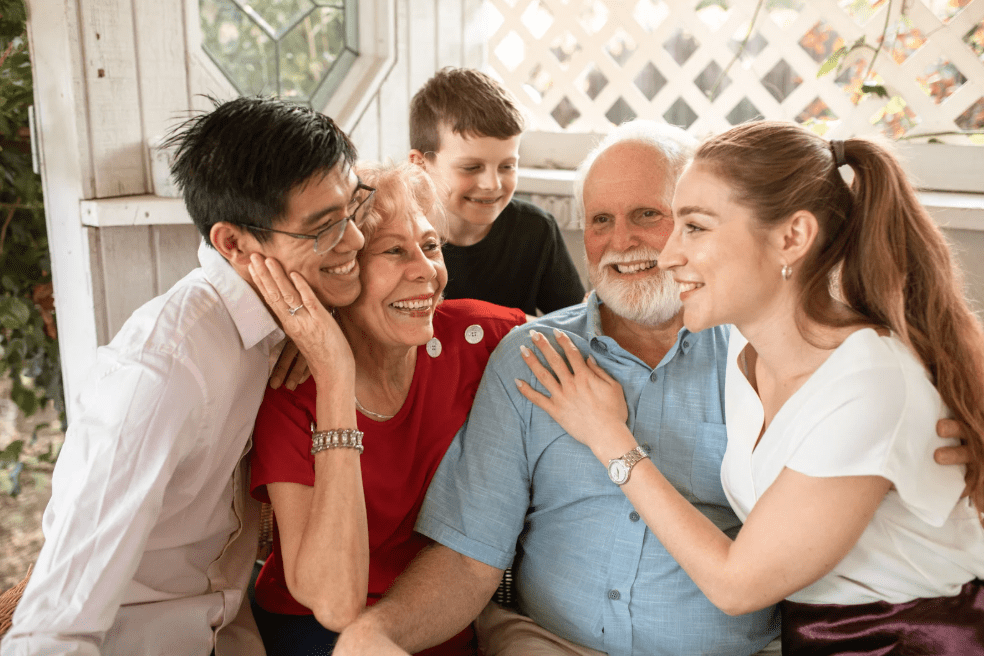Table Of Contents
About 13 million people have been diagnosed with PTSD; despite the large number of people affected, PTSD is still widely misunderstood. Myths about PTSD create a negative stigma. These myths deter veterans from getting help, talking about their symptoms, and claiming their service-connected benefits. In order to break down the stigma and encourage people to get the help they need, it is important to understand the facts about PTSD.
Myth 1: Only combat veterans can win a PTSD Claim
About 15% of veterans are diagnosed with PTSD. While many people think of combat as the only PTSD stressor, there are many non-combat stressors that cause PTSD. PTSD can affect anyone who is exposed to stressful incidents and is not limited to combat. For VA disability claims, those stressful incidents can vary widely and may have nothing to do with something that happened while on military duty so long as they happen while in an active duty capacity.
Myth 2: Claiming PTSD is a sign of mental weakness or weakness of character
Whether or not an individual develops PTSD has nothing to do with that individual’s inner strength. PTSD is not a mental or character flaw. While the exact distinction why some people develop PTSD & others do not is not clear, no current studies point to mental strength. Factors can include severity of trauma, type of trauma, number of traumas, duration, one’s neurobiology, and whether the person has a support system. Irrelevant of the in-service event that caused your PTSD, it is important to claim it. Claiming your PTSD is not a sign of weakness.
Myth 3: You can’t get a 100% rating for PTSD
Although not easy, it is possible to get a 100% rating for PTSD if the symptoms are severe. Another avenue to a 100% rating is if you have a rating of 70% for PTSD and are not able to work due to the PTSD symptoms. In that situation, the VA should consider the veteran unemployable which increases the combined rating to the 100% rate.
Myth 4: Having a PTSD Disability Rating will hurt your career
While only 3% of veterans who sought out mental health treatment believe it negatively impacted their careers, 39% report that because they went untreated their careers were hurt. The faster a veteran can get treated, the more likely they will be able to live a life as close to normal as possible. Moreover, many service members believe if they get treatment they will lose their security clearance; however, according to SF 86, having mental health counseling is not in itself enough of a reason to revoke or deny eligibility for a clearance. A VA disability rating may give you additional “Veterans Preference Points” for federal employment!
Myth 5: I shouldn’t file a VA disability claim because my PTSD isn’t that bad
PTSD can get worse over time. Irrelevant to how “minor” you think your PTSD is, you should claim your disability and establish a service-connection. Thus, if your PTSD worsens over time, you can always increase your rating.
Myth 6: If I file a VA disability claim I will not be able to possess a firearm.
Generally, a person can file a VA disability claim, receive VA disability benefits for PTSD, and still possess a firearm. Under federal law, the only limit on this is if the person is involuntarily committed to a mental hospital, or if a court or government body declares him mentally incompetent. In most PTSD claims the veteran is not committed to a mental hospital unless it is done so voluntarily and most veterans with PTSD claims are not declared incompetent. This typically only occurs when their PTSD is extremely severe.
Veterans Help Group has been supporting veterans with their disability claims since 1995. If you would like help with your PTSD claim, please call at 855-855-8992 or chat with us online.

Maximizing Dependency and Indemnity Compensation (DIC) Benefits
Maximizing Dependency and Indemnity Compensation (DIC) Benefits Written by Caroline Temple, Senior...

Veterans Help Group Serving Our Community
Veterans Help Group Serving Our Community By Bobbi Boudi, Director of Community Outreach & Amy...

How Much Back Pay Will You Receive?
What is VA Disability Back Pay? VA disability back pay is payment for benefits the veteran was...





